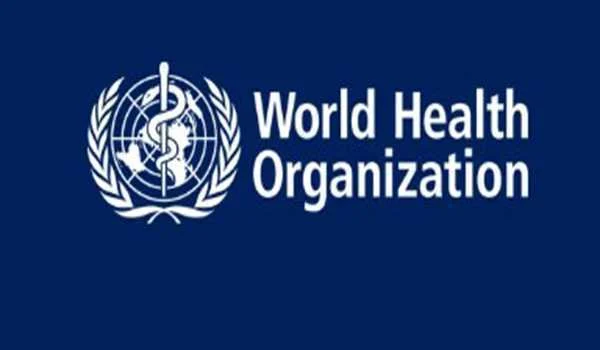New Delhi, July 3 . The World Health Organization (WHO) today unveiled its ambitious “3 by 35” initiative, urging nations to raise taxes on tobacco, alcohol, and sugary drinks by at least 50% by 2035.
The initiative comes as a direct response to the rising global burden of noncommunicable diseases (NCDs), such as heart disease, cancer, and diabetes, which now account for over 75% of all deaths worldwide.
“Health taxes are one of the most efficient tools we have,” said Dr Jeremy Farrar, Assistant Director-General, Health Promotion and Disease Prevention and Control, WHO in a statement here. “They cut the consumption of harmful products and create revenue governments can reinvest in health care, education, and social protection. It’s time to act.”
Blatant spike in NCDs have placed an immense strain on global health systems, already grappling with reduced development aid and growing public debt.
The call for higher taxes on these harmful products is expected to curb consumption, particularly among vulnerable populations, and simultaneously generate much-needed public revenue for health infrastructure and prevention programs, added the statement.
Recent studies highlight the potential of such measures, with projections suggesting that a one-time 50% price hike on tobacco, alcohol, and sugary drinks could prevent as many as 50 million premature deaths over the next five decades.
The initiative has an ambitious but achievable goal of raising USD1 trillion over the next 10 years. Between 2012 and 2022, nearly 140 countries raised tobacco taxes, which resulted in an increase of real prices by over 50% on average, showing that large-scale change is possible.
From Colombia to South Africa, governments that have introduced health taxes have seen reduced consumption and increased revenue. Yet many countries continue to provide tax incentives to unhealthy industries, including tobacco, as per the statement.
Moreover, long-term investment agreements with industry that restrict tobacco tax increases can further undermine national health goals. “The WHO encourages governments to review and avoid such exemptions to support effective tobacco control and protect public health,” said the statement.
. . PRS










